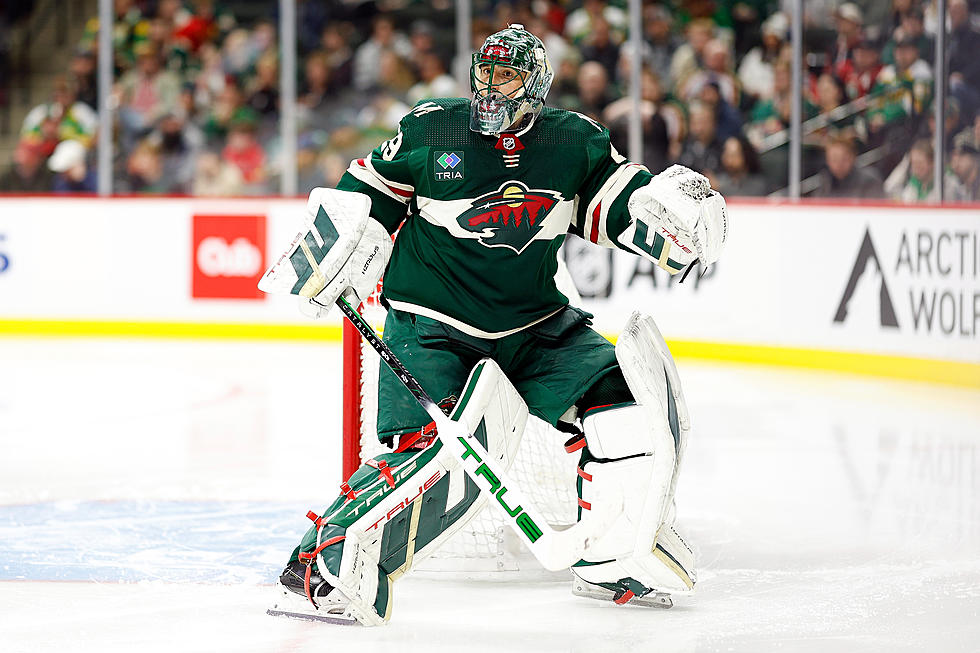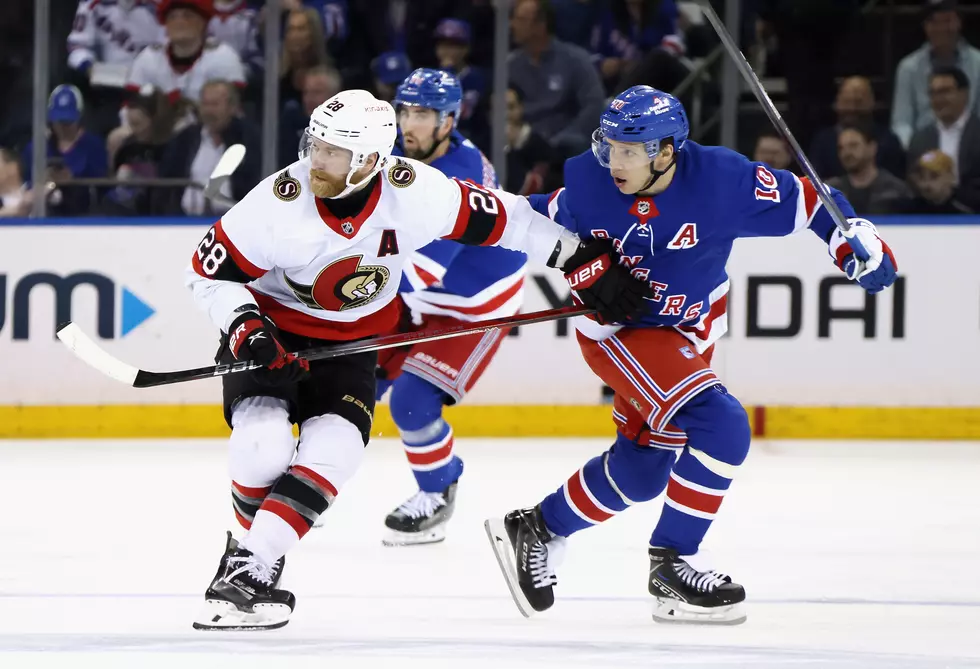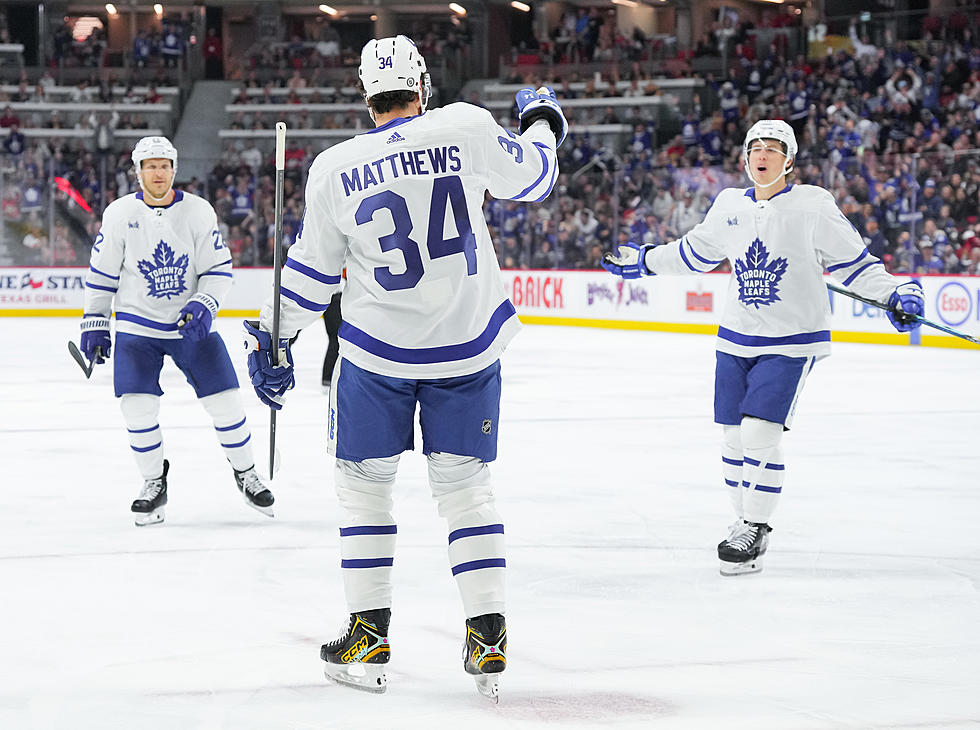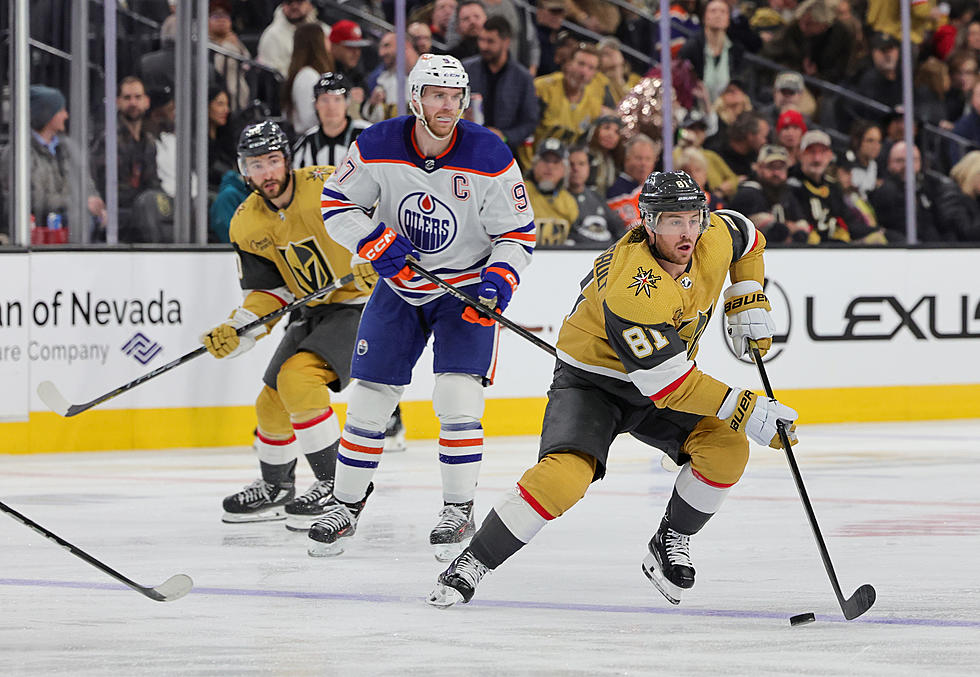
NHL Talks Hit Snag on 4th Straight Day of Meetings
NEW YORK -- A fourth straight day of NHL labor talks failed to bring the league and its locked-out players any closer to a deal that would put hockey back on the ice and save the season.
In fact, the gap between the fighting factions might have gotten even wider on a failed Friday.
After three consecutive seemingly positive days of talks this week, discussions turned a bit sour when negotiations ended for the night. The union was under the impression the numbers suggested they were nearer to an agreement with the league. NHL Commissioner Gary Bettman disagreed.
"Gary made a comment (Thursday) that there is still a lot of work to do. I think, given today's session, there is still a lot of work to do," Fehr said. "We looked at some of the numbers on the various proposals and we thought we were much closer together on the structure of a deal than the suggestions were. They came back to us and said, `No, we are very very far apart on the structure of the deal."
There were vocal disagreements at the end of the session, and the union team went back to its office to hold a conference call with the executive board and other players. The union is beginning to feel that the NHL isn't ready to make a deal now, even if the players were suddenly willing to accept the league's offer in full -- which they are not.
Bettman declined to reveal what was discussed or where the disagreements lie. He also wouldn't characterize the mood of the talks.
Fehr said he expects the sides will get back together Saturday, but there is no way to gauge what the feeling in the room will be when they get there.
The union also fought to put out internal fires on Friday after a memo to players summarizing Thursday's negotiations was leaked to the media. That led to suggestions that the players' association didn't fully convey the owners' most recent proposal to its membership accurately or completely.
Fehr sternly shot down the report as false, if for no other reason that there were players present at the negotiations when the offer was put forward.
Players made a pair of proposals Wednesday, and the NHL responded with one Thursday. No new official offers were exchanged Friday, but there was give and take during discussions throughout the day. The last of three sessions centered on the core economic issues keeping the sides apart, and it broke up after about two hours.
Bettman said the league is ready to continue talking as soon as the union wants.
The 55-day-old lockout has already caused the league to call off 327 regular-season games, including the New Year's Day Winter Classic in Michigan, and the NHL has said a full season won't be played. The league is in danger of having a lockout wipe out a full season for the second time in seven years.
Bettman is scheduled to attend Hockey Hall of Fame inductions Monday night in Toronto, but developments in negotiations could prevent that.
The lockout began Sept. 16 after the collective bargaining agreement expired, and both sides rejected proposals Oct. 18. The players' association has agreed to a 50-50 split of hockey-related revenues, but that division wouldn't kick in until the third year of the deal.
During a second consecutive day of marathon negotiations Wednesday, the players' association made an offer on revenue sharing in which richer teams would help out poorer organizations, and another proposal regarding the "make-whole" provision that would guarantee full payment of all existing multiyear player contracts.
Revenue sharing and the make-whole provision are major hurdles. Both sides have made proposals that included a 50-50 split of hockey-related revenues. The NHL has moved toward the players' side on the "make-whole" provision and whose share of the economic pie that money will come from.
The NHLPA estimates that about $590 million is needed to guarantee the amount left to be paid to players on the "make-whole" provision, but so far the league is only offering $211 million.
Along with the split of hockey-related revenue and other core economic issues, the sides must also agree on contract lengths, arbitration and free agency.
The union accepted a salary cap in the previous labor pact, which wasn't reached until after the entire 2004-05 season was canceled because of a lockout. The union doesn't want to absorb the majority of concessions this time after the NHL had record revenue that exceeded $3 billion last season.
Players believe that dropping their share of hockey-related revenue from 57 percent to 50 percent is already a major concession on their part.
Copyright 2012 by The Associated Press. All rights reserved. Material may not be redistributed.
More From KSOO-AM / ESPN Sioux Falls









